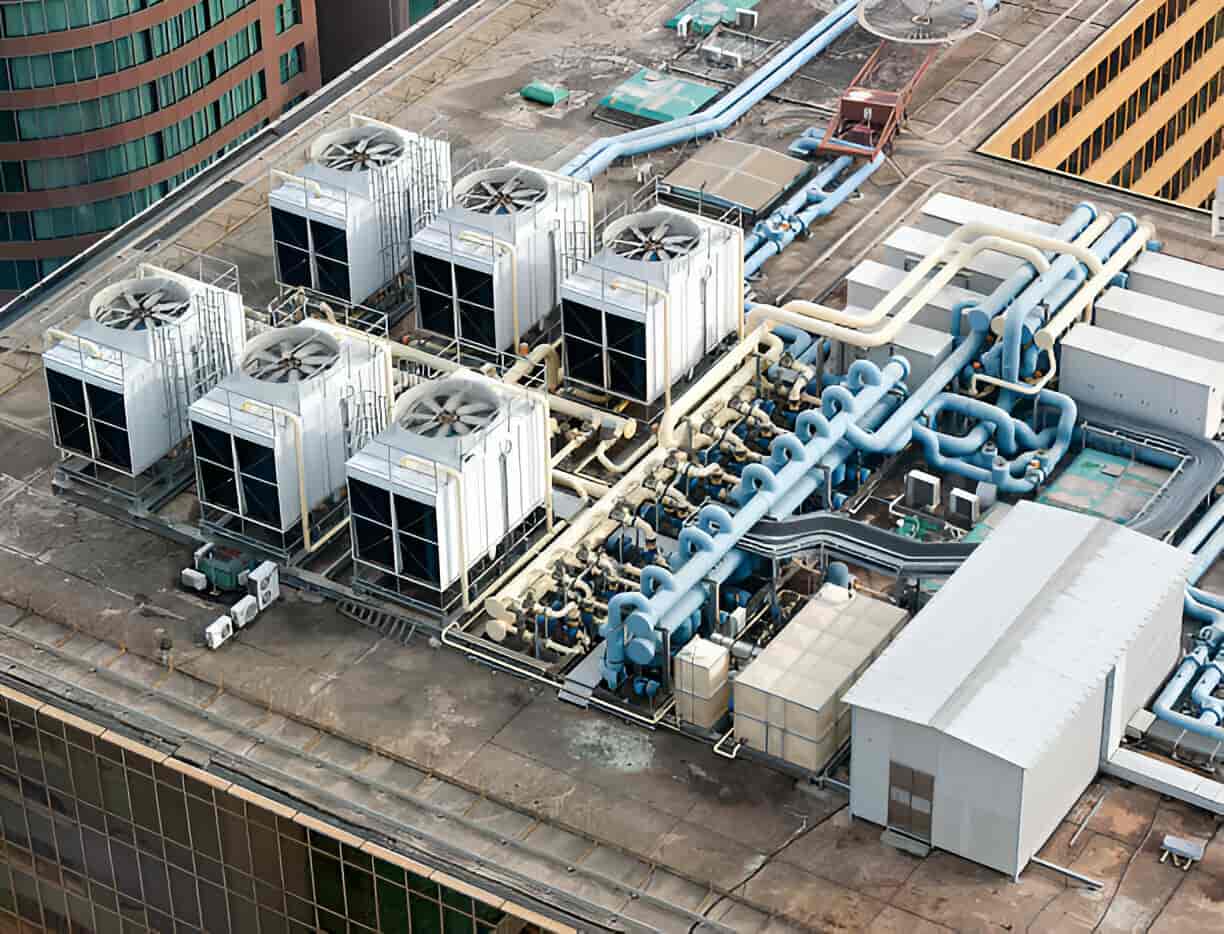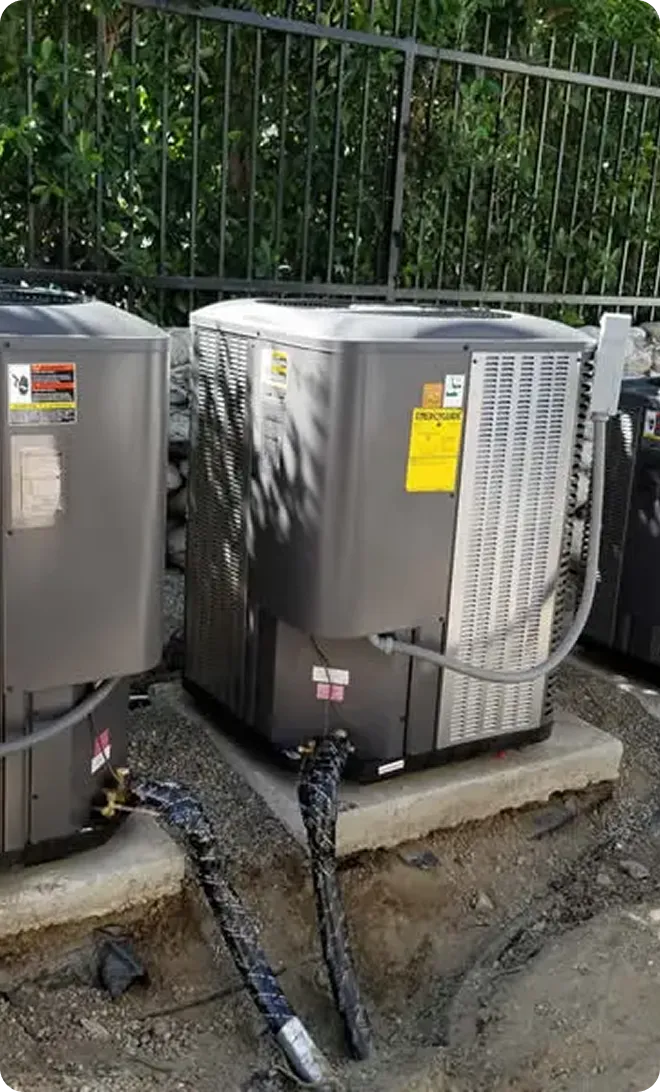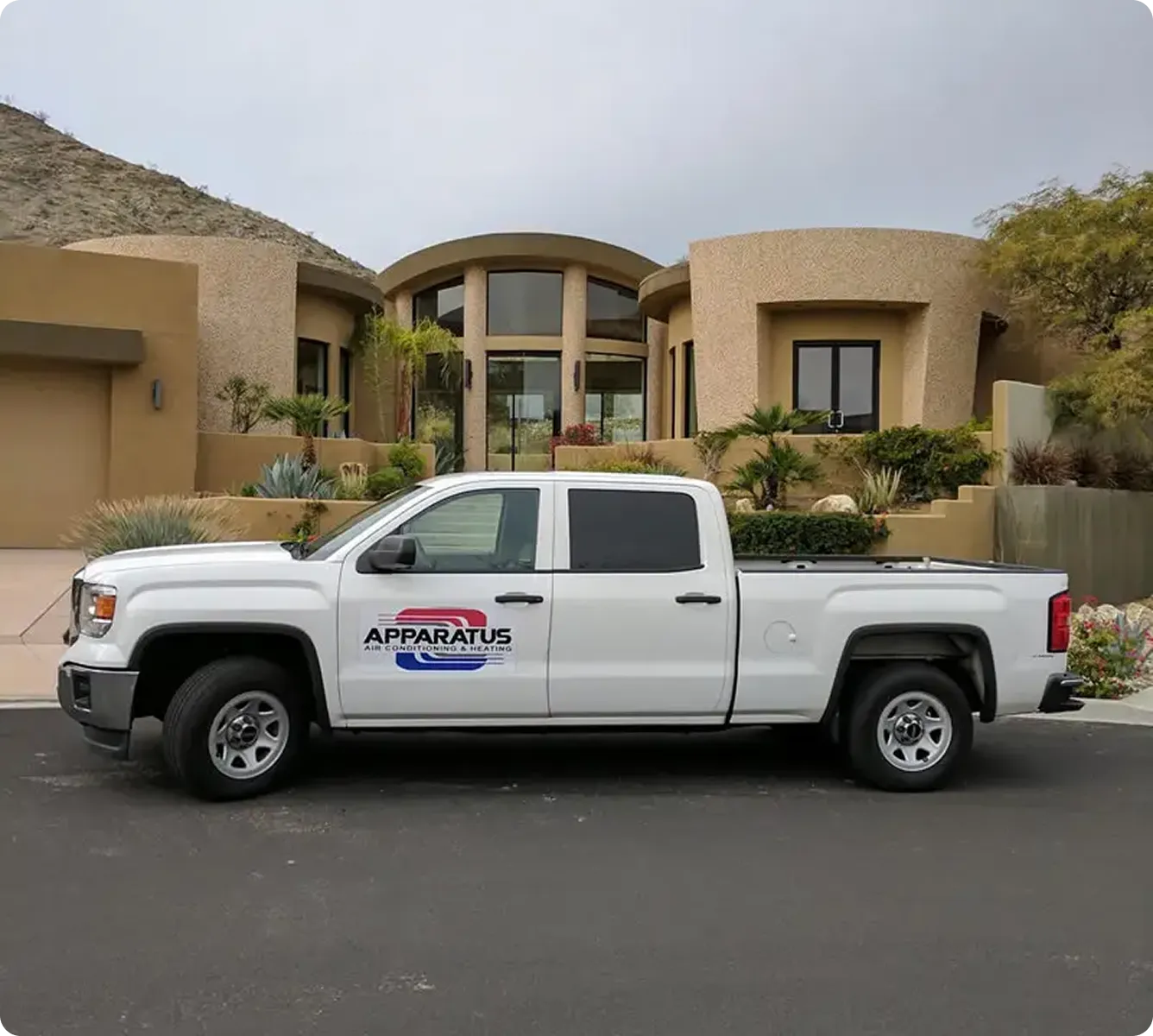
Maximizing HVAC System Longevity & Lifetime Value

Your HVAC Is an Investment. Here’s How to Maximize Its Return.
Buying an HVAC system is one of the most significant financial decisions you'll make for your home, right alongside a new roof or a kitchen remodel. But unlike a static upgrade, this system is a dynamic, hard-working asset. Thinking of it as just another appliance is the fastest way to diminish its value.
The real key to unlocking its full potential is to shift your mindset from a reactive homeowner to a proactive asset manager.
It’s not just about making your system last longer it’s about maximizing its lifetime value. That means fewer surprise breakdowns, lower monthly energy bills, and years of reliable comfort without the stress of a premature, multi-thousand-dollar replacement. This guide isn't another simple checklist; it's a framework for managing your most important home asset with the financial savvy it deserves.
The True Cost of Neglect: A Data-Backed Breakdown
Postponing maintenance feels like saving money in the short term, but the data tells a different story. Neglect isn't a savings strategy; it's a high-interest loan with steep penalties. Industry research consistently shows that proactive care is the single most effective way to protect your investment.
Consider the numbers:
- Drastically Reduced Repairs: A staggering 95% of all HVAC repairs are preventable with regular, professional maintenance. Each tune-up is an opportunity to catch small issues like frayed wires or clogged drain lines before they cascade into catastrophic failures.
- Extended Operational Lifespan: A well-maintained system can operate efficiently for 5 to 10 years longer than a neglected one. For a system with a typical 15-year lifespan, that’s a 33-66% increase in value, delaying a major replacement cost for years.
- Sustained Energy Efficiency: Without regular cleaning and calibration, an HVAC unit can lose about 5% of its efficiency each year. In the Coachella Valley, where air conditioners run hard for months, that translates directly into higher utility bills every single month.
Ignoring maintenance isn't just risky it's a guaranteed way to pay more for less comfort over the life of your system.
The Homeowner’s Toolkit: Your 3-Tier Maintenance Plan
Effective asset management is about consistent, strategic action. Instead of a random list of chores, this tiered approach empowers you to engage at a level you're comfortable with, ensuring nothing critical gets missed.
Tier 1: The Essentials (Monthly)
These are the non-negotiable tasks that take minutes but have an outsized impact on performance and air quality.
- Inspect and Change Your Air Filter: A clogged filter is the number one cause of system inefficiency and failure. It forces the unit to work harder, driving up energy costs and straining critical components. Check it monthly and replace it at least every 90 days—or more frequently during dusty seasons.
- Perform a Visual Inspection: Walk around your indoor and outdoor units. Look for any visible debris, blockages, or unusual signs of wear. Is the outdoor unit clear of leaves and yard waste? Are all the vents inside your home open and unobstructed?
Tier 2: The Proactive Homeowner (Seasonally)
Before the start of peak cooling and heating seasons, these steps prepare your system for the demanding months ahead.
- Clear the Outdoor Unit: Ensure there's at least two feet of clear space around your outdoor condenser. Trim back shrubs, clear away leaves, and remove any debris that could impede airflow.
- Clean Registers and Vents: Dust and vacuum your indoor supply and return vents to ensure air can circulate freely throughout your home.
- Check the Condensate Drain Line: In our humid climate, the condensate line can get clogged with algae and sludge, leading to water backups and potential property damage. A simple check can prevent a costly problem.
Tier 3: The Asset Manager (Annually)
While DIY tasks are crucial, they can't replace the diagnostic expertise and specialized tools of a certified technician. This is where you protect the core of your investment. An annual professional tune-up isn't a cost; it's an investment that pays for itself. To truly protect your home's system, you need a partner for professional HVAC maintenance and repair.
Decoding Professional Maintenance: What an Honest Tune-Up Includes
Transparency is key to trust. You should know exactly what you’re paying for when you schedule a professional tune-up. A comprehensive service call from a reputable company like Apparatus Air goes far beyond a simple filter change.
Here’s what a true professional check-up should cover:
For Your Cooling System (AC):
- Check refrigerant levels and test for leaks
- Clean condenser and evaporator coils to ensure proper heat transfer
- Measure airflow through the evaporator coil
- Inspect and clean the condensate drain line
- Test starting capabilities and safety controls
- Inspect and tighten all electrical connections
- Lubricate all moving parts, including motors and bearings
- Check thermostat calibration and operation
For Your Heating System (Furnace):
- Inspect the heat exchanger for cracks or damage
- Clean and adjust burners for maximum efficiency
- Test the ignition system for safe and proper operation
- Check and adjust the gas pressure
- Inspect the flue system for blockages or leaks
- Test all safety controls and limit switches
This level of detail is what prevents 95% of breakdowns and ensures your system runs at peak efficiency.
The ROI of a Maintenance Plan: A Simple Calculation
Let's put this in financial terms. Many homeowners wonder if preventive maintenance plans are worth the cost.
Consider this scenario:
- Average cost of an emergency repair: $300 - $600+
- Cost of a comprehensive maintenance plan: Typically less than the cost of a single emergency call.
A maintenance plan not only prevents the vast majority of those expensive, unexpected repairs but also lowers your monthly energy bills and extends the system's lifespan, saving you thousands on a premature replacement. The return on investment is clear, immediate, and significant.
Warning Signs: When Your HVAC is Crying for Help
Your system will almost always give you signals before it fails completely. Being able to recognize them allows you to act proactively instead of reacting to an emergency. If you notice any of these, it's time to call a professional.
- Strange Noises: Grinding, squealing, or clanking sounds indicate mechanical problems that need immediate attention.
- Unusual Smells: A musty odor could signal mold in your ductwork, while a burning smell points to an electrical issue.
- Weak Airflow: This is often the first sign of a blockage, a failing motor, or a clogged filter.
- Constant Cycling: If your system turns on and off frequently, it’s struggling to maintain the set temperature, signaling a potential issue.
- Higher-Than-Normal Energy Bills: A sudden, unexplained spike in your utility costs is a clear sign your system is losing efficiency and working too hard.
Ignoring these signs is like ignoring the check engine light on your car. The problem won't fix itself, and it will almost certainly get more expensive to repair.
Frequently Asked Questions
Is an annual maintenance plan really necessary in our climate?
Absolutely. The extreme heat and fine dust in the Coachella Valley put immense strain on HVAC systems. An annual tune-up isn't just recommended; it's essential for ensuring your system can handle the long, demanding cooling season without breaking down.
Can't I just do all the maintenance myself?
While homeowner maintenance like changing filters is critical, it doesn't replace a professional tune-up. A certified technician has specialized tools to check refrigerant levels, test electrical components, and diagnose issues within the system that are invisible to the naked eye. This professional oversight is what prevents major, costly failures.
My system is new. Does it still need maintenance?
Yes. Most manufacturers' warranties require proof of annual maintenance to remain valid. Skipping a tune-up could void your warranty, leaving you responsible for the full cost of a repair that would have otherwise been covered.
From Homeowner to HVAC Asset Manager
Your HVAC system is too important and too valuable to be left to chance. By embracing a proactive, asset-management approach, you take control of your investment, your budget, and your home’s comfort. You move from worrying about potential breakdowns to confidently managing a high-performing asset.
Protecting your investment starts with a comprehensive system health assessment. A trusted professional can evaluate your system’s current condition and create a strategic maintenance plan tailored to your home's unique needs.
Ready to maximize the return on your HVAC investment? Schedule a free estimate with our team today and learn how our preventive maintenance plans can save you money and provide peace of mind for years to come.

hear what our satisfied
clients have to say









.webp)